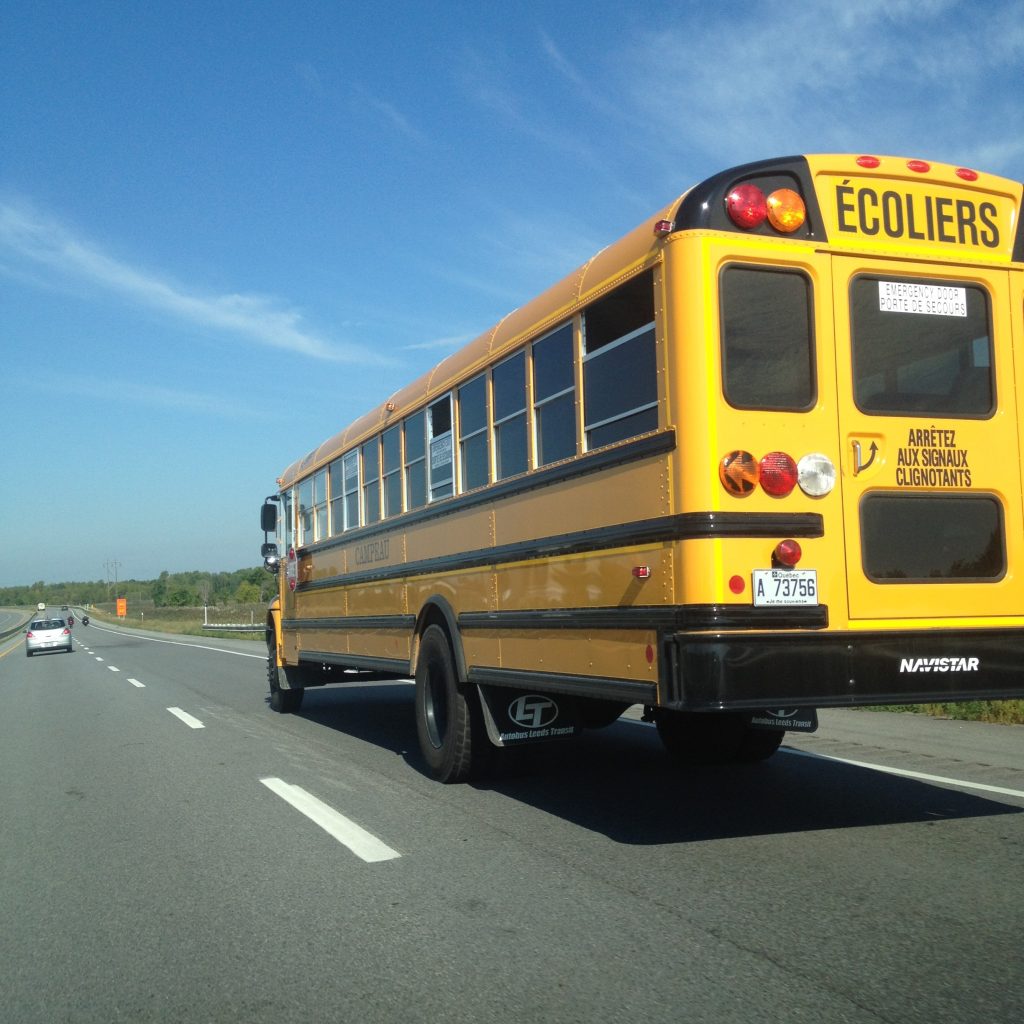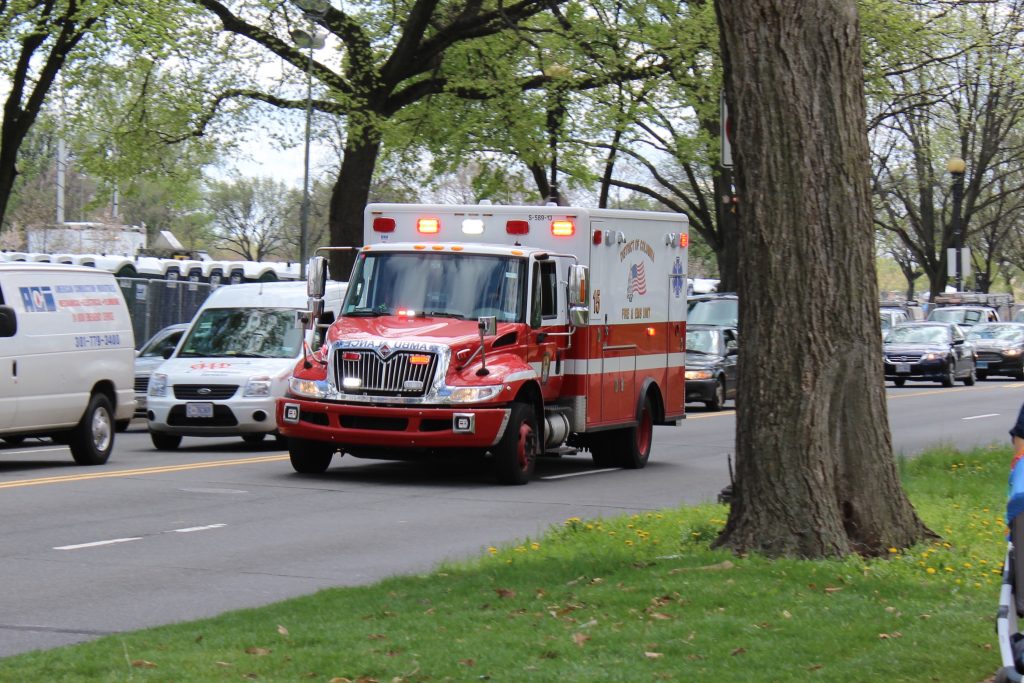 Being involved in a car accident is unfortunate, especially when it leaves you with long-term pain and suffering. If your injuries are a direct result of a car accident, you may be entitled to compensation from those who caused them. Rather than risk representing yourself in the legal process and walking away with little to nothing, you need to be represented by a qualified attorney who can assist in getting you the damages you deserve.
Being involved in a car accident is unfortunate, especially when it leaves you with long-term pain and suffering. If your injuries are a direct result of a car accident, you may be entitled to compensation from those who caused them. Rather than risk representing yourself in the legal process and walking away with little to nothing, you need to be represented by a qualified attorney who can assist in getting you the damages you deserve.
Brenda Brown was stopped at a red light when she was rear-ended. The driver of the other vehicle was Homer Sargent, who had been employed by Evans Environmental and Geological Science and Management. Both vehicles were rentals from Enterprise Car Rental.
Brown claimed the car accident caused her numerous personal injuries, entitling her to compensation for not only past, present, and future physical pain and suffering, but also past, present, and future lost wages and earnings. Additionally, she argued she was entitled to damages for her diminished quality of life as well as for severe emotional and mental anguish.
 Louisiana Personal Injury Lawyer Blog
Louisiana Personal Injury Lawyer Blog


 Racial discrimination in the workplace is a pressing issue that demands attention and action within our legal system. However, bringing a claim of racial discrimination or a hostile work environment requires the ability to substantiate crucial factors. The following case highlights the significance of providing essential evidence when pursuing racial discrimination or hostile work environment claims.
Racial discrimination in the workplace is a pressing issue that demands attention and action within our legal system. However, bringing a claim of racial discrimination or a hostile work environment requires the ability to substantiate crucial factors. The following case highlights the significance of providing essential evidence when pursuing racial discrimination or hostile work environment claims. The language used in insurance policies can hold immense significance when determining the resulting coverage and payouts. In a compelling case involving three tug boats, the M/V Miss Dorothy, the M/V Angela Rae, and the M/V Freedom, an unfortunate collision prompted a dispute over insurance claims. As insurers of the Miss Dorothy sought compensation from the owners of the Angela Rae, the crux of the matter revolved around the interpretation of key terms within the insurance policies. The court’s analysis focused on the definition of “tow” and the parties’ intent, underscoring the critical role that precise language plays in insurance contracts. This case serves as a powerful reminder to both drafters and signers of insurance policies that every word holds weight and can shape the outcome of a claim.
The language used in insurance policies can hold immense significance when determining the resulting coverage and payouts. In a compelling case involving three tug boats, the M/V Miss Dorothy, the M/V Angela Rae, and the M/V Freedom, an unfortunate collision prompted a dispute over insurance claims. As insurers of the Miss Dorothy sought compensation from the owners of the Angela Rae, the crux of the matter revolved around the interpretation of key terms within the insurance policies. The court’s analysis focused on the definition of “tow” and the parties’ intent, underscoring the critical role that precise language plays in insurance contracts. This case serves as a powerful reminder to both drafters and signers of insurance policies that every word holds weight and can shape the outcome of a claim. The 1985 murder of Denise Porter by stabbing was a horrific tragedy with life-altering ramifications for her husband, Joel, a Louisiana attorney. It also provides an example of how records from a criminal investigation can and cannot be requested.
The 1985 murder of Denise Porter by stabbing was a horrific tragedy with life-altering ramifications for her husband, Joel, a Louisiana attorney. It also provides an example of how records from a criminal investigation can and cannot be requested. When accidents occur on a construction site, questions of liability and responsibility arise, leaving property owners wondering about their potential legal obligations. In a compelling lawsuit from Alexandria, Louisiana, the issue of whether a homeowner can be held liable for injuries sustained by a roofer while working on their property takes center stage. The case of Robert Schram v. Ronnie Waters provides valuable insights into this perplexing matter, shedding light on the factors determining a homeowner’s liability when a roofer falls from their roof.
When accidents occur on a construction site, questions of liability and responsibility arise, leaving property owners wondering about their potential legal obligations. In a compelling lawsuit from Alexandria, Louisiana, the issue of whether a homeowner can be held liable for injuries sustained by a roofer while working on their property takes center stage. The case of Robert Schram v. Ronnie Waters provides valuable insights into this perplexing matter, shedding light on the factors determining a homeowner’s liability when a roofer falls from their roof. Getting workers’ compensation from an employer is already difficult, but it is even more so when the claim is filed in the wrong court. Although employees are entitled to workers’ compensation, the claim has to be filed in the correct jurisdiction. The following case shows what happens when you are injured while working and attempt to file a claim for workers’ compensation in a state where you were not employed.
Getting workers’ compensation from an employer is already difficult, but it is even more so when the claim is filed in the wrong court. Although employees are entitled to workers’ compensation, the claim has to be filed in the correct jurisdiction. The following case shows what happens when you are injured while working and attempt to file a claim for workers’ compensation in a state where you were not employed.  It is well known that every court order contains a physical copy declaring what the verdict of the case is, otherwise known as a final judgment. However, the order must contain what we call “decretal language.” But what in the world does that mean? The Louisiana Third Circuit Court of Appeal discusses this question and when a final judgment can be amended to contain all the necessary language crucial for the order.
It is well known that every court order contains a physical copy declaring what the verdict of the case is, otherwise known as a final judgment. However, the order must contain what we call “decretal language.” But what in the world does that mean? The Louisiana Third Circuit Court of Appeal discusses this question and when a final judgment can be amended to contain all the necessary language crucial for the order. Suffering an on-the-job injury is a challenging experience that involves physical recovery and navigating the complexities of the worker’s compensation system. Determining when and how to return to work can be daunting in such situations. The questions surrounding medical examinations and the responsibility of companies to provide additional medical advice or inspections when an employee is injured are examined in the following case.
Suffering an on-the-job injury is a challenging experience that involves physical recovery and navigating the complexities of the worker’s compensation system. Determining when and how to return to work can be daunting in such situations. The questions surrounding medical examinations and the responsibility of companies to provide additional medical advice or inspections when an employee is injured are examined in the following case. In the face of a potentially unlawful termination from your job, navigating the legal landscape can be daunting. If you suspect that you have been fired unjustly, it is essential to understand the critical elements required to bring a lawsuit against your employer for wrongful or retaliatory discharge. A recent Lafayette Parish case highlights the essential evidence to support a retaliatory discharge claim. It highlights the importance of seeking legal guidance when faced with such a situation. By delving into the details of this case, we can uncover the necessary proof required to establish a compelling retaliatory discharge case and empower individuals to protect their rights in the workplace.
In the face of a potentially unlawful termination from your job, navigating the legal landscape can be daunting. If you suspect that you have been fired unjustly, it is essential to understand the critical elements required to bring a lawsuit against your employer for wrongful or retaliatory discharge. A recent Lafayette Parish case highlights the essential evidence to support a retaliatory discharge claim. It highlights the importance of seeking legal guidance when faced with such a situation. By delving into the details of this case, we can uncover the necessary proof required to establish a compelling retaliatory discharge case and empower individuals to protect their rights in the workplace. New Orleans is well-known for extravagant and entertaining Mardi Gras parades. What happens when an unknown tortfeasor injures someone during a parade? As the following case demonstrates, the claimant only has a certain amount of time to bring a lawsuit against the wrongful party, or they risk dismissal of the claim.
New Orleans is well-known for extravagant and entertaining Mardi Gras parades. What happens when an unknown tortfeasor injures someone during a parade? As the following case demonstrates, the claimant only has a certain amount of time to bring a lawsuit against the wrongful party, or they risk dismissal of the claim.